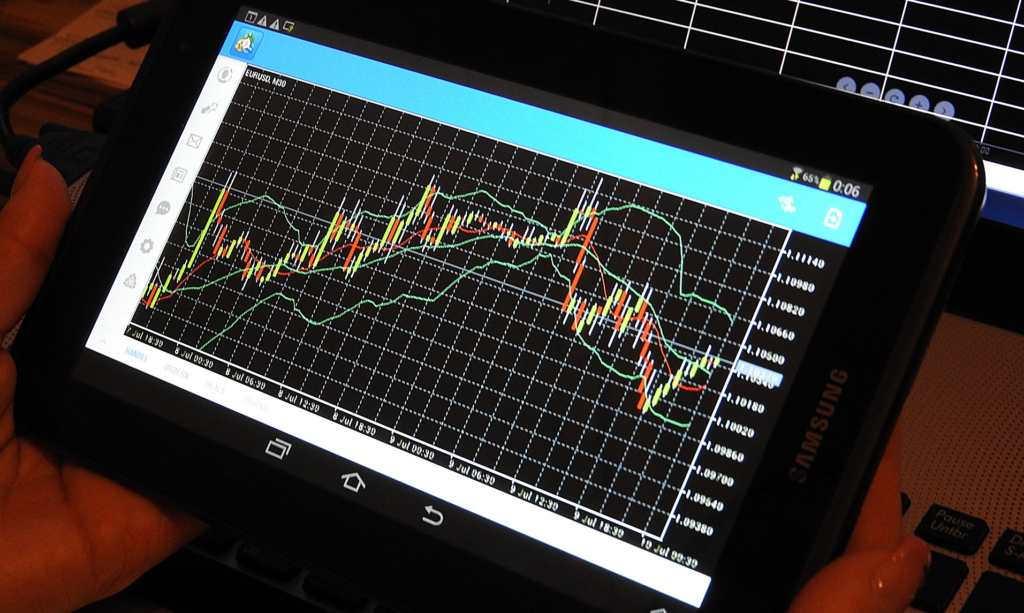With trillions of dollars getting traded on it, the Foreign Exchange (FX) market is arguably the largest financial market in the world. For professional traders looking for an opportunity to find a profit, it could be an option.
Now while trading on the FX market certainly has its benefits, it’s not without its risks either. So before plunging straight into it, best know what these advantages and disadvantages are. To help you out, some of them are listed below.

Advantages of Trading on the FX Market
Low Cost
While financial instruments such as stocks, bonds, mutual funds, and equities are great investment options, they are usually subject to hefty commissions and hidden charges. Thankfully, trading currencies on the FX market spares you these expenses.
FX trading fees and commissions are determined through bid-ask spreads. This is the difference between the buying (bid) and selling (ask) prices set by the brokers in real-time. Aside from lowering the cost, it also helps keep forex trading somewhat transparent. When learning how to trade forex as a beginner, you’ll get used to technical terms such as bid and ask (also known as ‘offer’) in a jiffy.
24/5 Market
The forex market is open for 24 hours a day and 5 days per week. This allows you to comfortably fit currency trading in your schedule. In short, it will allow traders to participate in the FX market even if you lead a busy lifestyle.
Additionally, since it’s available 24/5, you can invest in the FX market simultaneously with other financial instruments. This allows you to put your eggs in different baskets.
Accessibility
The FX market isn’t just the largest financial market in the world; it’s also one of the most accessible. In fact, you can set up a forex account in as short as one to three days. As for the minimum deposit, this will depend on the brokerage you choose. But as with the fees and commissions, they generally tend to require low minimum deposits. You can even have it funded through cash. Traders might use their own cash deposits, or raise capital through loans and invoice financing for additional leverage (and risk).
What’s more, most forex brokers now-a-days are online. That means you’ll have access to critical information like real-time market pricing, price charts, news, and what-not. To top it off, online trading platforms also come with built-in tools and strategies that allow you to buy and sell currencies successfully.
Liquidity
Due to its sheer size, the FX market offers the highest level of liquidity among other financial instruments. This allows you to buy and sell currencies fairly quickly.
Moreover, its high liquidity prevents the FX market from experiencing price anomalies and price manipulations. This least to tighter spreads, which allow you to buy and sell currencies at the right prices.
Disadvantages of Trading on the FX Market
High Risk Levels
Due to its high volatility and low transparency, trading in the FX market is quite a risky undertaking. If you’re not careful, you could end up losing lots of money by trading it in the forex market. The forex market is very different from the stock market. Furthermore, you need high levels of leverage to trade in the FM market. Most brokers recommend a leverage ratio of 50:1, meaning you could trade only $1 for every $50 worth of position. While you can greatly profit from this, it also opens you up to large potential losses.
Thankfully, you can minimize risk in the FX market in a number of ways. These include controlling your emotions during trading, learning as much as you can about leverage and cutting back when necessary, and knowing when to cut your losses. The best forex trading books recommend trading with low leverage until your confidence improves.
Complex Price Determination Process
Although the high liquidity levels in the forex market helps regulate its price better, that doesn’t mean the price determination process itself is simple. In general currency prices tend to fluctuate depending on economic factors, big players, and sentiments. Thus, analyzing forex rates can sometimes be difficult.
Even so, you can still succeed at forex trading by learning as much as you can about the technical indicators that affect its prices. By getting the technicals right, perhaps through a forex calculator, you may be able to determine whether or not the trade will result in a loss.
Light Regulatory Protection
Thanks to its size, the FX market is completely decentralized. That means no governments can impose their rules and regulations on it. While this allows you to enjoy high returns, it also leaves you vulnerable to unfair trades or unsavory brokerages.
To avoid these problems, you need to investigate the brokers you want to work with. While the FX market itself can’t be regulated, the people or institutions that thrive in it are accountable to the authorities. Make sure the brokerages you choose abides by the rules set by the country they’re based at.
Low Residual Returns
While the FX market allows you to significantly grow your money, its gains usually depend on the appreciation of the currencies you’re trading. Unlike stocks and bonds, it won’t regularly grant you profits from interest or dividends.
However, when held overnight, forex positions can yield rollover interest. This will depend on the interest rates set by the countries that use the currency, though. So better check the currency first to know their interest rates.
Final Thoughts
The FX market offers lots of opportunities for anyone who wants to earn big. By knowing the benefits and risks you’ll encounter in this financial market, you’ll be able to smoothly navigate in and around it. There are many ways to learn about forex, and this article is just the very beginning.